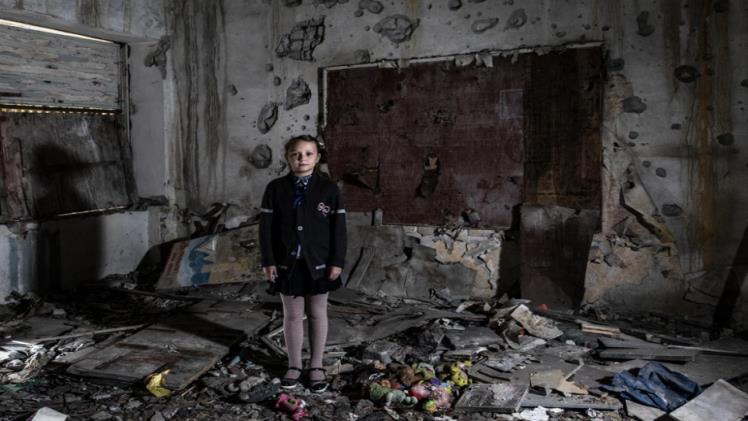The negative effects of institutionalization of children worldwide, especially at early age are well documented internationally, and it seems these straightforward findings are not challenged by scholars in the field of child psychology and sociology any more. Just to name a few, W. Goldfarb in 1945, in his article “Effects of psychological deprivation in infancy and subsequent stimulation” described his comparison of institutionalized children versus those raised outside of residential care and concluded that institutionalized children were far more backward in all respects of their development as compared to their peers raised in families. John Bowlby, who had considerable influence on lessening the practices of institutionalization in the west also proved the adverse influence of separation from families among children, in his articles titled “Maternal care and mental health” (1951) and “Attachment and Loss” (1969). Worse health status, lack of proper life skills after the institution tenure, underdeveloped intellectual abilities, drawbacks in psychological and social development, poorer motor development, lower weight and height dimensions and other physical drawbacks are among the negative results of institutionalization, empirically proved as compared with children raised outside of institutional environment in these and other studies.
The situation with at-risk children in the orphanages of Ukraine is much worse today due to the full scale Ukraine – Russia war. Our program offers a mechanism of relief and support for at-risk Ukrainian children through the individual child sponsorship: https://helpchildreninukraine.org/
There are a number of studies that have been implemented in recent years to prove the negative effects of institutionalization in today’s Ukraine. One fact speaks for itself: 75% of children in orphanages would much prefer to live in their own families. A Ukrainian child psychologist Ms. Natalia Maximova evaluated the development of children in public institutions (boarding schools, orphanages and shelters) and compared these findings with children raised in family-type facilities in various regions of Ukraine. The results of this indigenous study confirmed that the development of children in governmental institutions is far below the norm for their age. Orphanaged children, who are under 24-hour supervision of adults, are found to get extremely addicted to “asking” instead of “thinking” and can be characterized as “underdeveloped”. It was proven again that the personal attention to a child and the love the child needs to receive is not just an emotional wish – – these are needs that are essential to a child’s proper intellectual, physical and psychological development. Once these needs are not met – – the society is almost sure to receive a dysfunctional and unhealthy adult, who is likely to need some level of support from the state for his/her entire life.
Looking at the 1990s, when the Soviet Union collapsed and the Berlin Wall fell and the realities of institutional care, or, rather, the results of its natural functional decay (occurring parallel to the decay of the communist ideology and lifestyle at large) were first released to the general public. It happened quite literally as children’s institutions had been closed to outsiders, located behind high fences. First quality questions were posed and issues raised connected to the effects of children institutionalization. On the other hand, decay of communist morale that was not substituted by anything else, newborn sexual freedom, and economic hardships pushed more parents to send their children to institutions as they could not afford or simply chose not to take care of them (see earlier statistical references of this assessment). Year after year more and more progressive Ukrainian thinkers realized the consequences of institutionalization. However, until this end, the historical positive (as viewed by many) role children institutions played and lost opportunities to start deinstitutionalization immediately following the perestroika is vastly responsible for the fact that majority of Ukrainian population, although feeling pitiful for Ukrainian orphans today, still supports institutions, believing it provides “professional raising of orphans”. Importantly, an average Ukrainian is not educated as to the contemporary findings related to children institutionalization and its consequences. Nor is s/he aware of the alternatives to institutionalization of orphans already initiated in Ukraine and so well developed in the western societies. Naturally, such lack of data makes it impossible for an average Ukrainian to compare the two.
Please consider participating in our program to help orphans and other at-risk children in Ukraine today.

